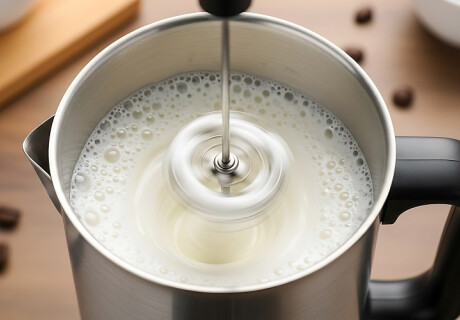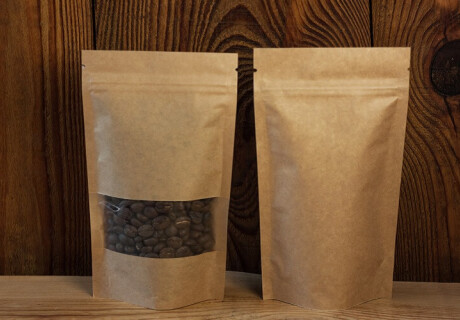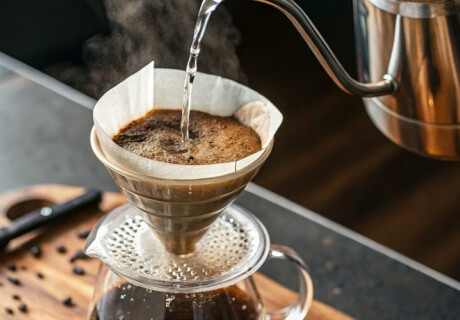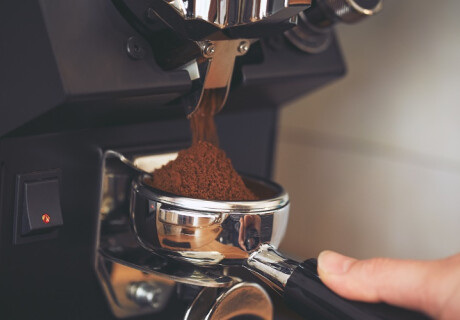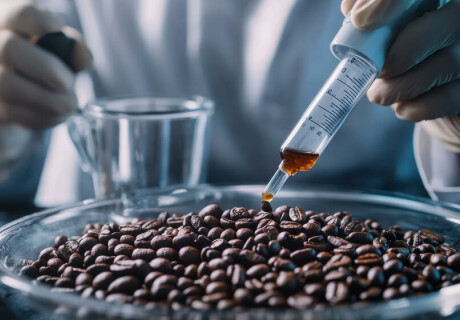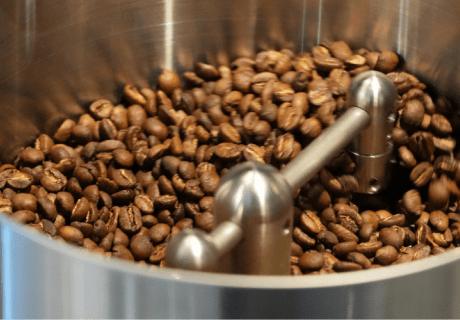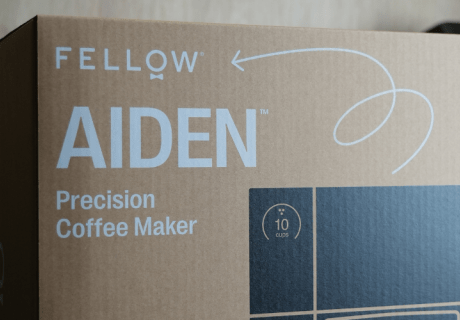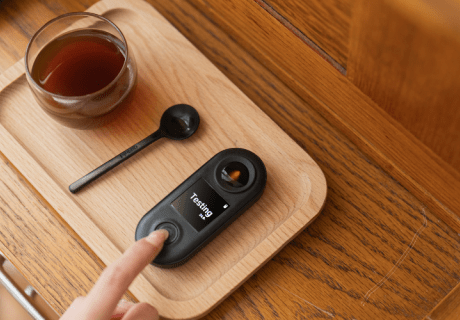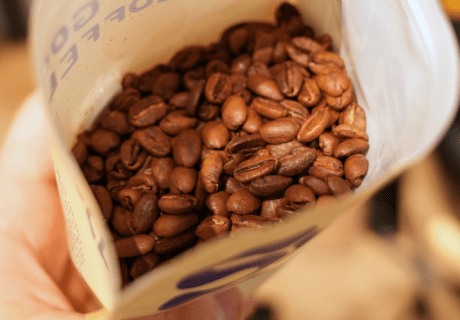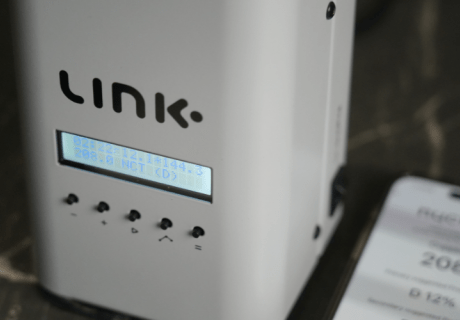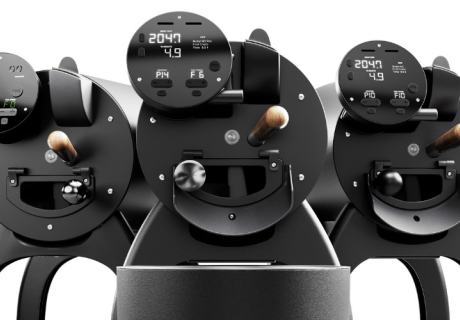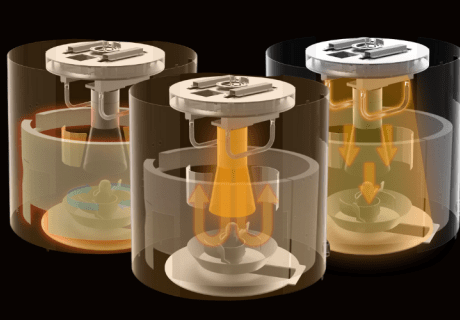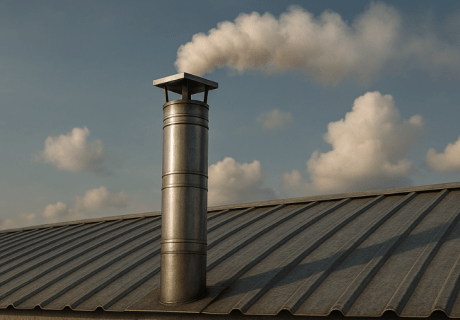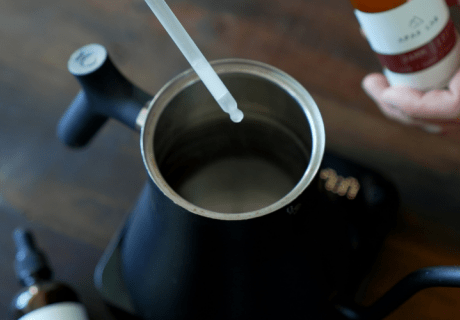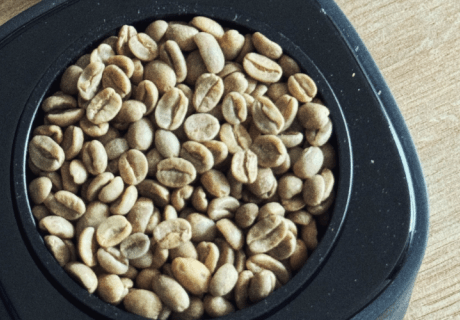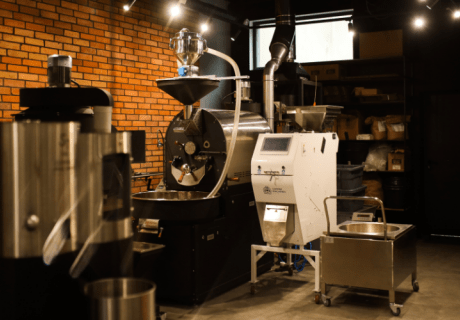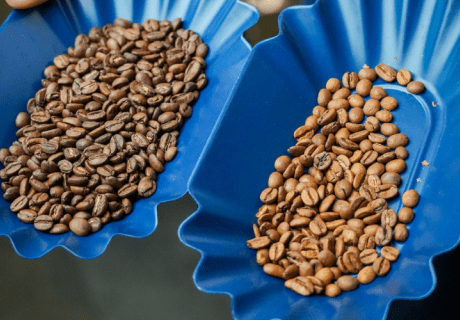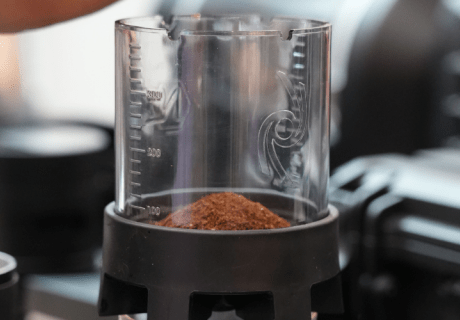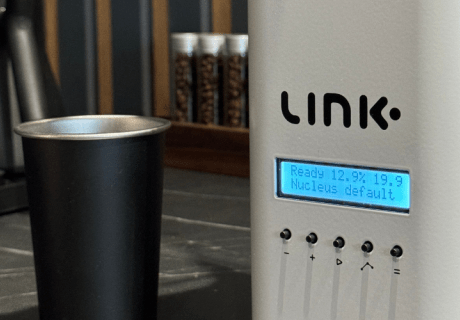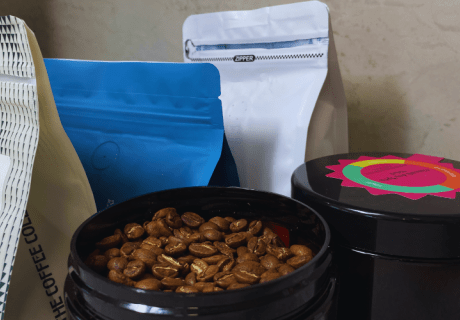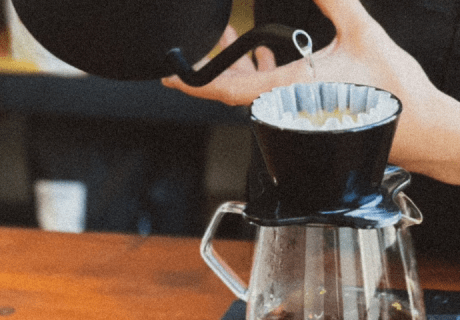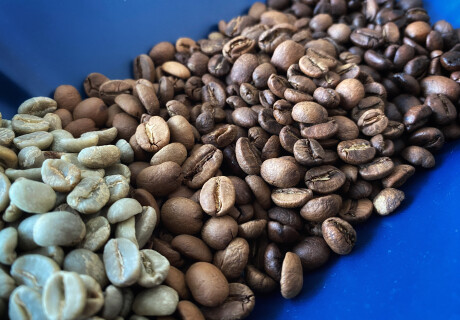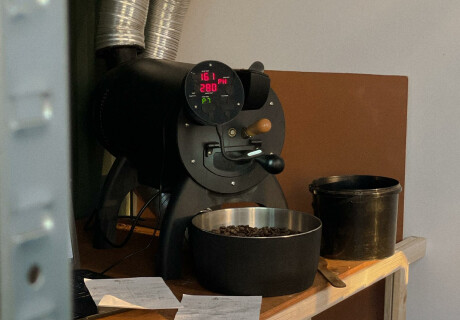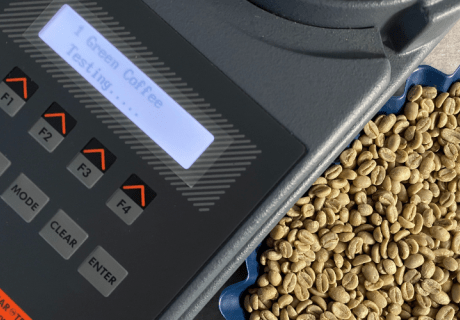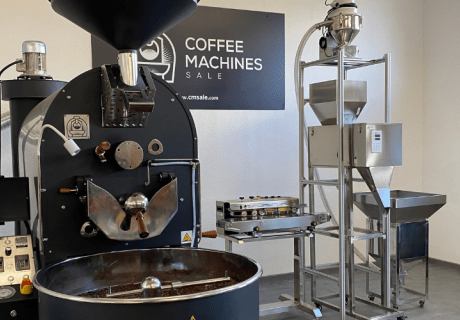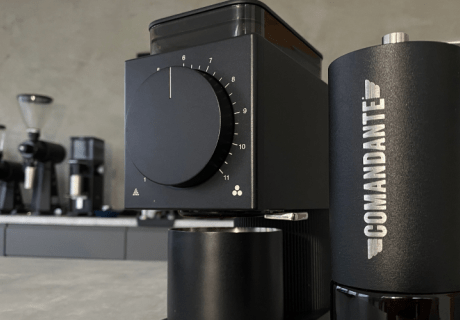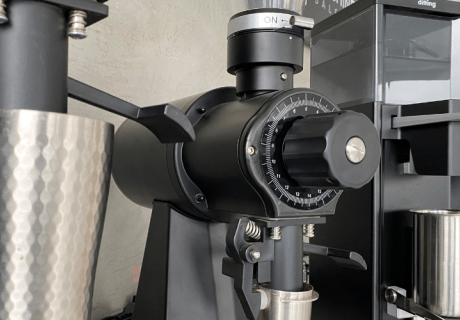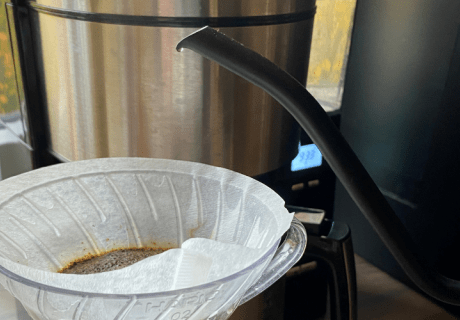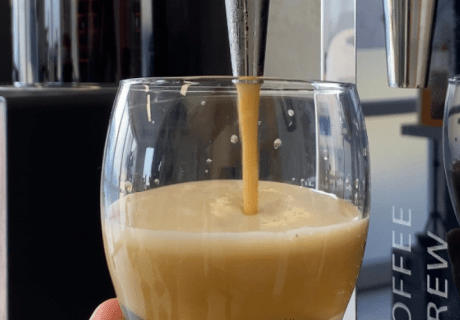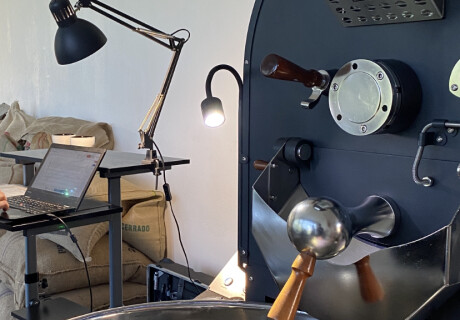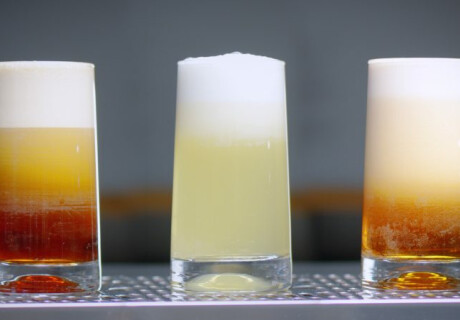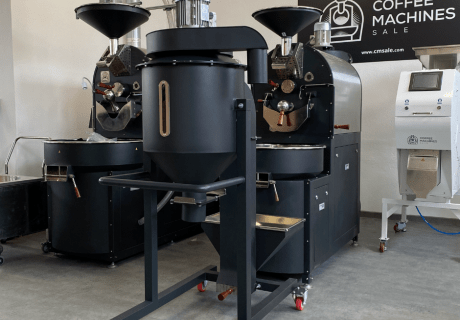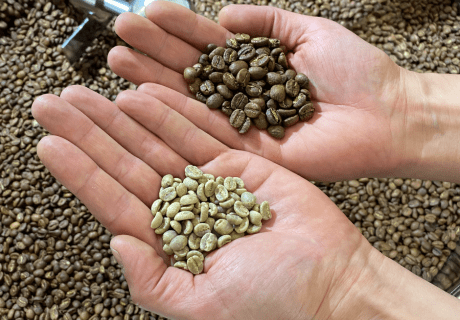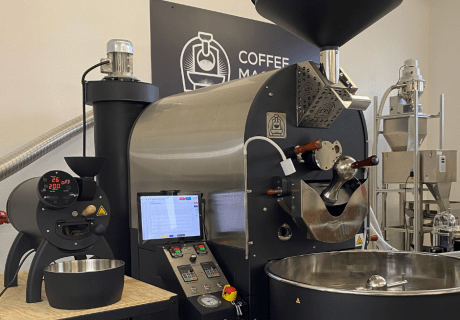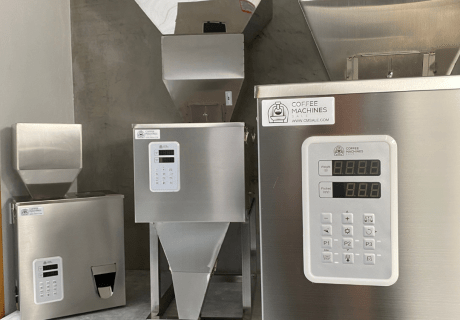The Importance of Coffee Water Quality: What You Need to Know
If you're a coffee lover, you know that every element matters in crafting the perfect cup. But one often overlooked component is the quality of water used in brewing. Coffee is mostly water, and variations in its quality can significantly impact the taste and aroma of your favorite brew. In this article, we explore the importance of water quality for coffee, the role of minerals, and practical steps you can take to make sure the water you use improves the flavors of your coffee beans.
Understanding the Basics of Coffee Water Quality
When brewing the perfect cup of coffee, many focus on the quality of the beans and the brewing method, but the often-overlooked factor is water quality. Why is coffee water quality important? Since water makes up about 98% of your cup, its minerals, pH level, and purity play a big role in the extraction process and the taste of your brew. Poor water quality can result in flat or off-flavors, ruining even the best beans. Understanding this is necessary to achieving a consistent, high-quality cup.
The water quality in coffee is important for bringing out the flavors of the beans. Hard water, rich in minerals like calcium and magnesium, can over-extract and make the coffee taste bitter, while soft water can under-extract, leaving it weak and bland. This is why many coffee professionals invest in water filtration systems or choose bottled water with the right mineral balance. The chemistry of water interacts with coffee’s oils, acids, and compounds, making it an essential part of the brewing process. For coffee lovers, maintaining the right water quality can elevate a simple cup into an extraordinary experience.
The Role of Mineral Content in Coffee Brewing
The mineral content of water plays a central role in the coffee brewing process, helping extract flavors from the coffee grounds. Understanding why is coffee water quality important means recognizing how minerals such as magnesium and calcium affect the coffee compounds during brewing. Magnesium increases sweetness and body, while calcium contributes to a fuller mouthfeel. Yet, too much calcium can cause over-extraction, leading to bitterness. These minerals greatly impact the overall flavor profile of your brew.
Striking the right balance in mineral content is essential to avoid undesirable tastes and to make sure that the natural flavors of the coffee are highlighted. Coffee professionals often aim for water that contains a moderate amount of these minerals to maintain optimal extraction conditions. Here are some main points to consider when assessing the mineral balance in your brewing water:
- Magnesium: Improves sweetness and fullness of the coffee's texture
- Calcium: Contributes to richness, but needs to be balanced to prevent bitterness.
- Hardness: A balanced water hardness is important—too hard leads to bitterness, too soft makes weak coffee.
- Filtration: A good filtration system helps maintain the perfect mineral balance and removes impurities.
By managing the mineral content of your brewing water, you can improve the multifaceted flavors and aromas of your coffee, turning a simple cup into a complex, delightful experience. For those who cherish their coffee, understanding and optimizing water quality is not just a preference but a necessity.
How water Quality Changes your Coffee's Taste
The water quality in coffee directly impacts its flavor profile, yet it's often overlooked. Water doesn’t just extract the flavors; it also shapes the taste of the coffee. Poor water quality, like high chlorine levels or excessive hardness, can introduce undesirable flavors such as metallic or bitter notes. For instance, high chlorine content can mask the delicate floral notes of specialty beans, while overly hard or soft water can lead to over- or under-extraction, resulting in a bitter or weak cup. Guaranteeing good water quality is important for a balanced and flavorful brew.
Using high-quality water with the right mineral balance can enrich the taste of your coffee. Good water brings out the natural flavors of the beans, allowing different coffee origins to shine. For example, optimal water quality can highlight the bright citrus notes of Ethiopian coffee or the caramel sweetness of Colombian coffee. Prioritizing water quality in coffee leads to taste enhancement, transforming your daily cup into a more flavorful experience. By focusing on water quality, you can fully enjoy the unique characteristics of your coffee beans.
Guidelines for Choosing the Best Water for Coffee
The water quality in coffee is often an underestimated element, yet it makes up nearly 98% of your cup, meaning it plays a significant role in the extraction of flavors. To achieve the best results, start by considering the source of your water. Tap water, while convenient, can vary greatly in mineral content and may contain impurities like chlorine that negatively affect taste. Using a good filtration system can help remove these unwanted elements, confirming that the water is both clean and suitable for brewing. Filtered water helps maintain a balance between hardness and softness, preventing over-extraction or under-extraction of your coffee grounds.
Another option is bottled water, which often provides a more consistent mineral content. When selecting bottled water, look for those labeled with a moderate level of minerals, as this can enhance the natural flavors of your coffee without overpowering them. One important aspect of choosing water is securing the right balance of magnesium and calcium for a better-tasting cup. Magnesium can improve sweetness and texture, while calcium contributes to a fuller mouthfeel. It is best to taste the different water sources to find the one that complements your specific coffee beans. By prioritizing the right water quality in coffee, you can transform your daily cup into a rich and memorable experience, highlighting the taste and aroma of each brew.
Common Water Quality Issues and Their Solutions
One common problem is the presence of high levels of chlorine or other impurities in tap water, which can impart off-flavors to the coffee, masking its natural aromatic qualities and leading to a flat or metallic taste. Excessive hardness or softness in water can disrupt the balance of minerals, causing over-extraction or under-extraction of coffee compounds. This imbalance often results in a brew that is either too bitter or too weak, affecting the overall sensory experience.
To address these issues, coffee enthusiasts can employ several solutions to improve the water quality in their coffee. Using a high-quality filtration system is a useful way to remove unwanted impurities like chlorine, ensuring a cleaner and more favorable brewing medium. For those dealing with hard water, water softeners can be employed to reduce mineral content, particularly calcium, thereby preventing bitterness. On the other hand, if water is too soft, using specialized mineral packets can introduce essential minerals in the right proportions, achieving the optimal balance necessary for flavor extraction.
Improving Water Quality for Better Home Coffee
Refining the water quality in your home coffee can greatly elevate the flavor profile of your brew. Begin by assessing the current state of your water using home testing kits, readily available online or at local hardware stores. These kits provide a straightforward way to measure important parameters such as pH levels and mineral content, including calcium and magnesium, both of which are important for achieving the desired taste enhancement. For a more comprehensive analysis, consider sending a water sample to a professional water testing service. These services offer detailed reports, helping you understand the precise composition of your water.
Once you have your water analysis, there are several DIY improvements to consider. Installing a good filtration system can remove impurities like chlorine and help balance mineral content for better extraction. If water hardness is a problem, using a softener or mineral packets can optimize the magnesium and calcium ratio, which is necessary for water quality in your daily coffee. Trying different filtration methods, such as activated carbon or reverse osmosis, can further improve the flavors of your coffee. By testing and improving your home water, you’ll enjoy a richer, more flavorful cup.

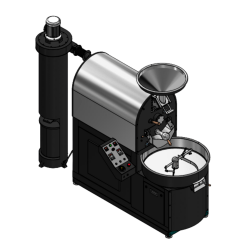
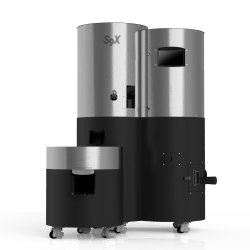
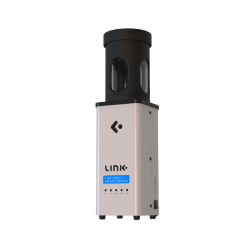
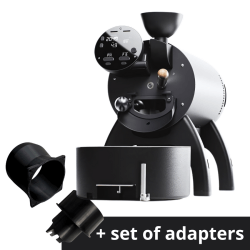
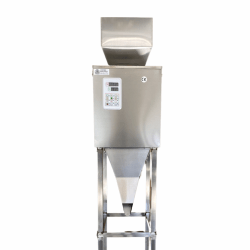
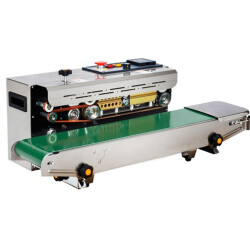
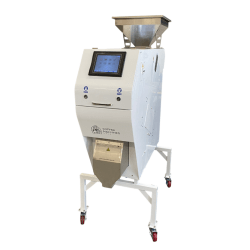
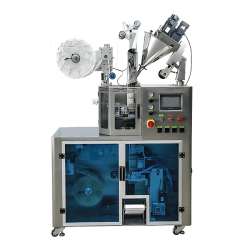
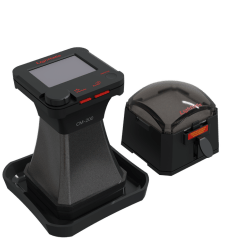
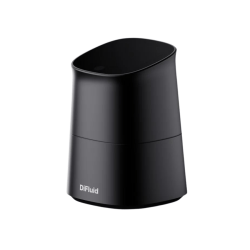
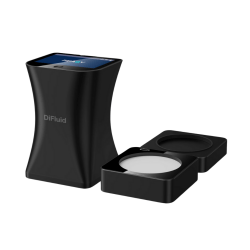
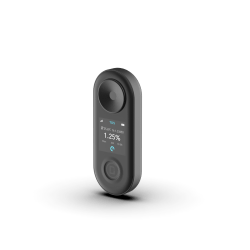

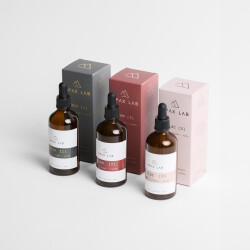
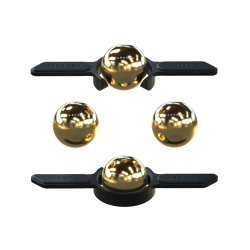
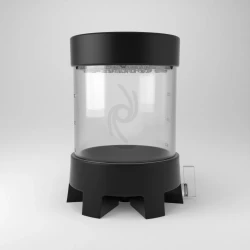
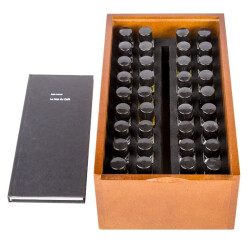
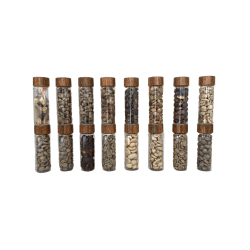
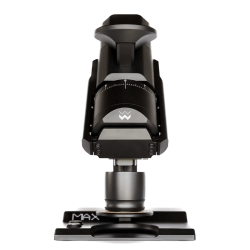
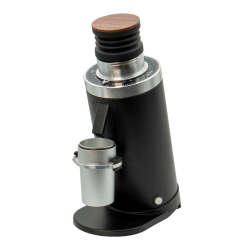

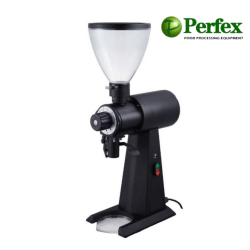
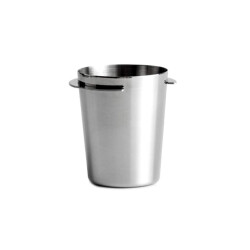


.png/460_320_crop.png?ts=1769780365&pn=blog_front)


































